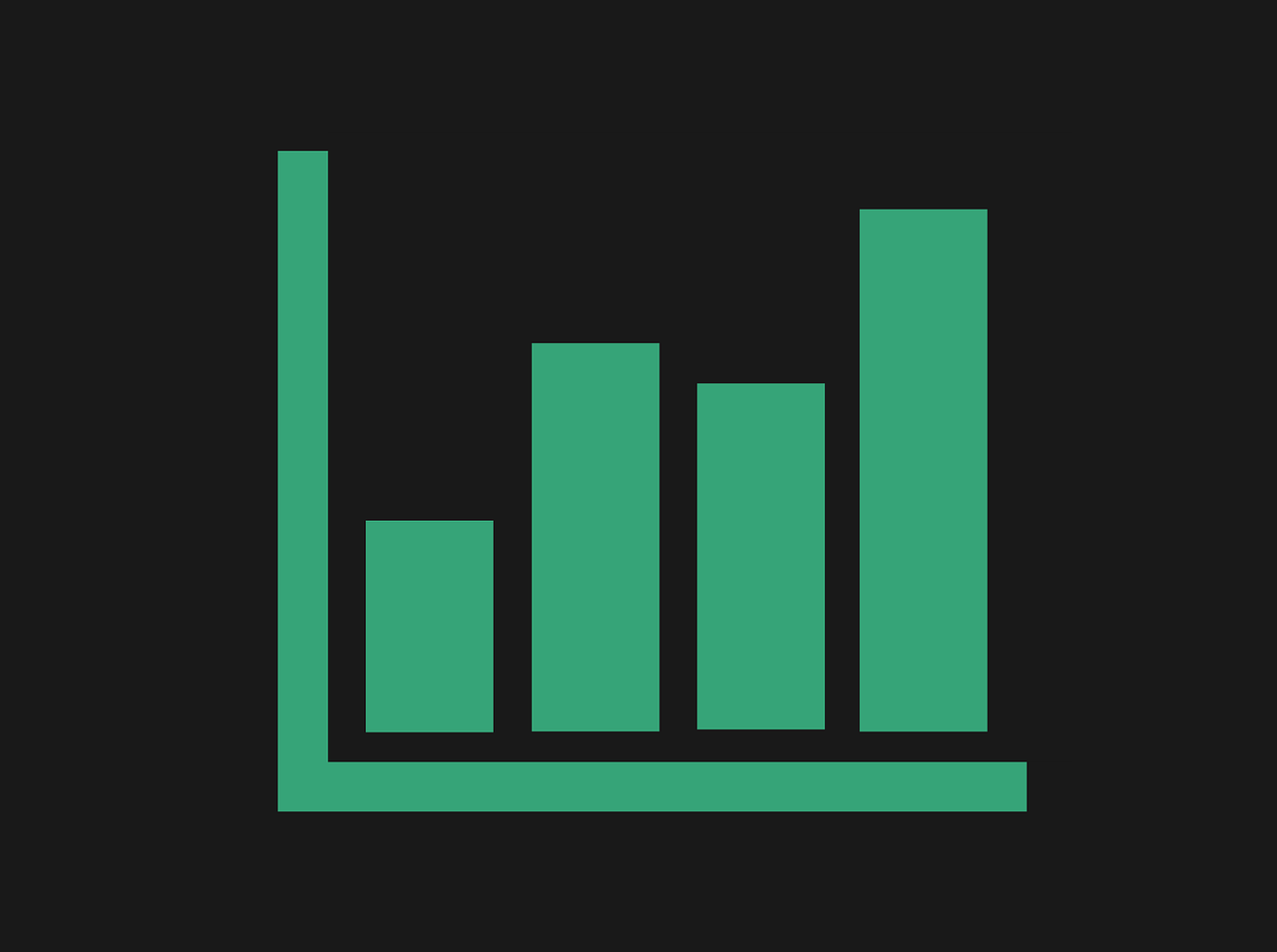Where are Mortgage Rates Headed?
There’s no question that the 2018 Ontario mortgage rate trend is upwards, and that this momentum will continue into 2019. But how much will rates likely increase? For how long will rates increase? And given this information, is it better to take a fixed or variable rate mortgage?
These answers are difficult to pin down with 100% certainty, however, based on past behavior of the markets and the data available to us, we can draw some reasonable conclusions about what is more likely to happen. Contact your Kitchener Mortgage Broker or Waterloo Mortgage Broker for more personalized information.
How Much Will Rates Increase by?
The historical 5 year fixed rate average in Canada is just north of 6%. There have been periods where the rate is above 10% and also periods where the rate is close to 2%. However the numbers do average out into the 6% range – so this is a good place to start. There are two big factors currently at play that could augment this average rate.
One is that if the Trump administration south of the border becomes more aggressive than expected on trade tariffs and protectionism, this would likely have a huge inflationary effect in Canada and push rates up substantially higher. However high inflation is not in the interest of any economy – including the US economy. So we can’t expect rational governers to promote this.
Another major factor is called fiscal stimulus. In other words, Government keeping interest rates low to stimulate the economy. The government won’t want to increase rates so much that it knocks the economy off balance. The economy can withstand perhaps a 1% – 2% increase in rates over the short to mid term, but eventually, there will be a recession and then the rates will be lowered. It is my belief that the interest rates at the Central Bank of Canada will fluctuate between 3% and 6% over the next few years. So if there were a variable rate mortgage of prime minus 1% – this would leave variable rates in the 2% to 5% range.
How long will Rates increase for?
In Canada and in North America, there has not been a recession in over 10 years. This is in large part due to low interest rates and resulting substantial economic stimulus. So technically we are overdue for a recession.
The problem is, that the government can’t lower rates without first increasing them. So one theory is that the government will be inducing a small recession by increasing rates. Then once triggered, the government will lower rates once again. The cycle of economic boom and bust is healthy for an overall economy. Consider it a bit of a reset. So like a controlled forest fire, the government may want to create a controlled recession.
The timeframe we are looking at is likey 2 years of rate increases (2018 – 2020) and then a year or so of decreasing rates thereafter. Again anything could happen, but this timeframe seems reasonable.
Is it better to take a fixed or variable rate mortgage?
The answer to this is Yes. Even though mortgage rates are up, they are still quite low from a historical perspective. Housing, from a rate perspective, is still quite affordable. Whether you decide on a fixed or variable rate depends almost solely on how much risk you are willing to assume, in order to potentially save a few thousand dollars on your mortgage.
It is likely that if the variable rate mortgage strategy is played property – that is making additional prepayments against your principle with the money saved on rate – then you will be ahead in the long run. History and economic statistics show us this. However, in order to come out ahead, you would likely have to avoid the temptation to lock the variable into a fixed rate and stomach the market swings.
If this does not sound appealing, there’s nothing wrong with paying a bit extra over 5 years to enjoy a good night sleep, or a few. To set it and forget it. Talk to your Kitchener Mortgage Brokers today for more information.


